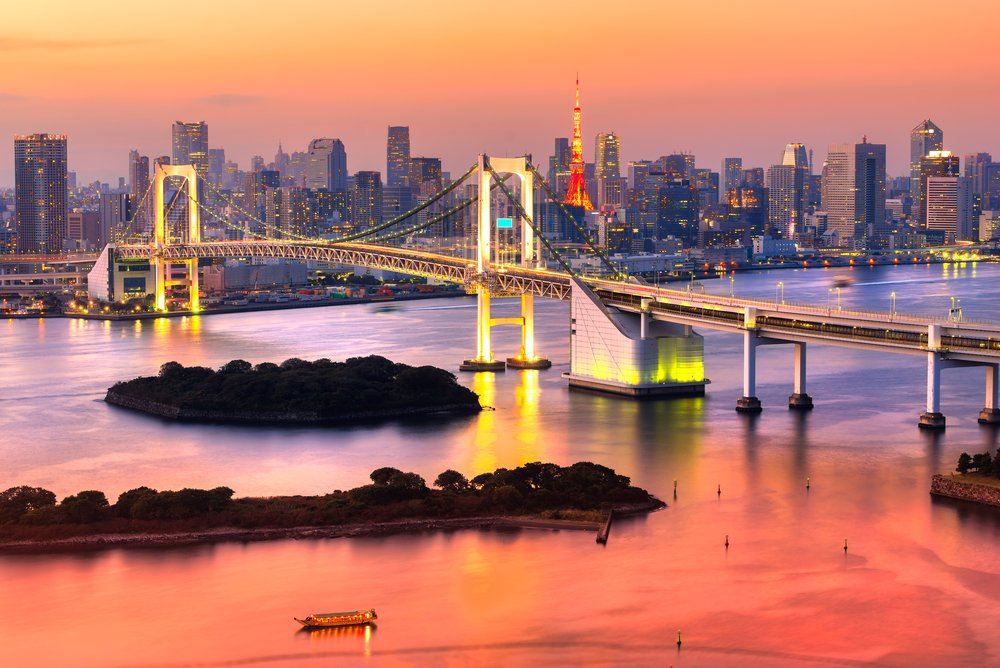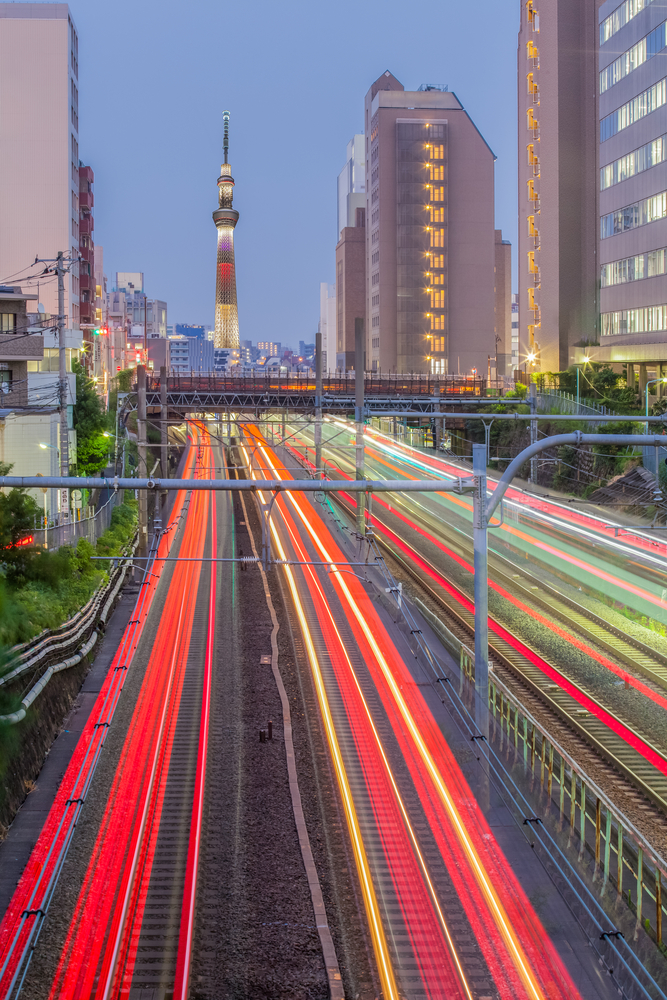
All eyes may be on Rio this summer, but the buzz has already shifted to Tokyo in 2020, in part because the city is promising to present “the Olympics of the Future.”
This summer, the world will tune in to South America’s first  Olympics, and expectations are low. Tales of insufficient preparation paired with images of pollution and fears regarding the ongoing Zika outbreak have cast a pall over the event. Meanwhile, halfway around the world, Tokyo plans to wow the globe in just four-year’s time with its future-focused games.
Olympics, and expectations are low. Tales of insufficient preparation paired with images of pollution and fears regarding the ongoing Zika outbreak have cast a pall over the event. Meanwhile, halfway around the world, Tokyo plans to wow the globe in just four-year’s time with its future-focused games.
A Next-Gen Personal Assistant
Any avid fan of science fiction, or casual watcher of the Jetsons, knows the future will include robots and advanced Artificial Intelligence (AI). In Tokyo, Olympic visitors will get a firsthand look at the latest in robotics technology when they wander into the Odaiba neighborhood. Right next door to the Olympic Village, Odaiba’s streets will abound with specially programmed robots deployed to help international visitors with any number of tasks, from translation to directions and more.
For foreign spectators who find themselves “robot-less,” all is not lost! Communicating with locals will be a breeze, thanks to real-time language conversion apps like VoiceTra. VoiceTra can interpret up to 27 languages and provide text conversions. For less tech-savvy travelers, Panasonic plans to debut a wearable device that can instantly translate Japanese into ten other languages.
All those smart devices will need a hearty network, and Japan has that covered as well. An estimated half a million visitors are expected in Tokyo for the games, and the cell towers will surely be working overtime. In anticipation of the deluge, Japan’s largest cell phone company, DoCoMo is working with Nokia to deploy 5G wireless networks able to run on high frequencies. Current 5G demos have hit the 2 gigabit per second speed mark, more than enough to handle all those texts, selfies and status updates.
Traveling in (Modern) Style
For Japan, the Olympics also present the opportunity to build on past accomplishments. When Tokyo hosted the 1964 games, the country debuted its shinkansen bullet trains. Fifty or so years later, the country is putting locomotives back in the spotlight with its own maglev train, which could end up being the fastest on the planet at 374 mph.
And then there are the self-driving taxis! In Tokyo, robot-taxi tests are already underway. As part of a collaborative effort between Japanese software maker DeNA and robotics firm ZSMP, a small fleet of retrofitted minivans stands ready to be hailed via smartphone. By the time the games arrive, these autonomous taxis will speedily transport athletes and spectators to and from events.
Not only will the taxis be driverless in Tokyo by 2020, they may be gas-less as well. The government plans to add 6000 fuel cell cars by 2020 (with an ultimate goal of 100,000 by 2025), with $385 million set aside to subsidize purchases of Toyota’s fuel-cell car, the Mirai. In addition, another 100 fuel-cell powered buses will join to the city’s fleet.
Energy Alternatives
In addition to highlighting new technologies, the Japanese government is taking advantage of the games to debut new power sources, including algae-based fuel and large-scale hydrogen power. As part of an effort to introduce the use of algae-based fuel for airplanes and buses, the government has teamed with over 40 organizations, including Boeing, Japan Airlines and Nippon airlines. Algae-based fuel cuts CO2 emissions by 70%, and there’s even some indication that Boeing may use the project as a jumping off  point for widespread use down the line.
point for widespread use down the line.
Anyone headed to the Olympic Village will surely travel over a large underground pipeline funneling hydrogen power directly to the village itself. In fact, Japan has earmarked $330 to promote hydrogen energy use in the next four years. The country hopes to power the entire Olympic Village with hydrogen fuel.
Special Effects
Not all of Tokyo’s tech advancements are altruistic. Japanese state television network NHK will broadcast the games in ultra-vivid 8k HD. Currently, 8k HD television cost several thousand dollars, but the network is anticipating wide scale adoption by 2020.
Anyone willing to spend the $130,000 for an 85-inch 8k HD TV will surely feel justified when the opening ceremony is beamed out to households around the world. Most opening ceremonies attempt to dazzle and delight, but Tokyo will be aiming higher – all the way into the stratosphere. Japanese astronomy startup ALE is working with a Japanese university to develop a man-made meteor shower just in time for the games. The artificial asteroids, born from tiny chemical spheres ejected by ALE’s microsatellite, will glow with the power of a magnitude-3 star and mimic falling stars.
Connecting to Tomorrow
Over the years, host cities have used the Olympics to highlight new technologies and innovations. From jetpacks in Los Angeles in 1984 to Moscow’s 3-D opening ceremony in 2014, host cities are always quick to seize the opportunity to shine on the world stage. For Japan, often considered a leader in technological innovation, the 2020 Olympics are a chance to amaze and inspire.
“The Tokyo 1964 Games completely transformed Japan, enhanced Japanese people’s awareness of the outside world and helped bring about rapid growth of Japan’s economy,” declares the country’s Olympic Games website.
“The 2020 Games will enable Japan, now a mature economy, to promote future changes throughout the world, and leave a positive legacy for future generations.”


